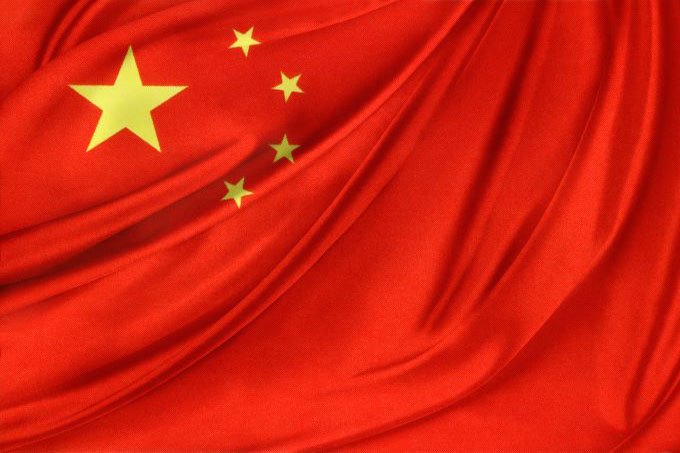 The idea of charging a tariff on imported goods is that it helps to protect the domestic industry to remain competitive by pushing up the price of importing comparable goods from elsewhere. It is the consumers in the importing nation which pay the tariff, should they decide to buy the import rather than the local product (unless the producer absorbs the tariff by decreasing their profit margin). Proponents of Brexit suggest that they will be able to drop tariffs on a range of goods, reducing costs to UK consumers. However, in some cases tariffs are used to protect local industries which could not compete with much cheaper produce produced overseas – an example is the Welsh lamb industry which farmers fear could be destroyed by importation of mass reared New Zealand produce.
The idea of charging a tariff on imported goods is that it helps to protect the domestic industry to remain competitive by pushing up the price of importing comparable goods from elsewhere. It is the consumers in the importing nation which pay the tariff, should they decide to buy the import rather than the local product (unless the producer absorbs the tariff by decreasing their profit margin). Proponents of Brexit suggest that they will be able to drop tariffs on a range of goods, reducing costs to UK consumers. However, in some cases tariffs are used to protect local industries which could not compete with much cheaper produce produced overseas – an example is the Welsh lamb industry which farmers fear could be destroyed by importation of mass reared New Zealand produce.
China has responded to the imposition of tariffs on certain of its goods bound for the US market by raising retaliatory tariffs on a range of goods that it imports from the USA. Most external observers see a trade war as damaging to both parties and US actions have frequently been cited as a contributory factor to the sluggish global growth seen in 2019.
China imports a lot of pork from Africa, but that supply line has been interrupted by an outbreak of swine fever which has led to many pigs being slaughtered to prevent its spread. The Chinese authorities have decided to temporarily reduce tariffs on pork and pork products from 12% to 8% to boost supply. The amnesty also extends to other food items and some high-tech goods as well.
Other items include frozen avocado, paper and wood products whilst asthma medicines diabetes medication and semi-conductors will be imported at zero tariffs (at least temporarily).
